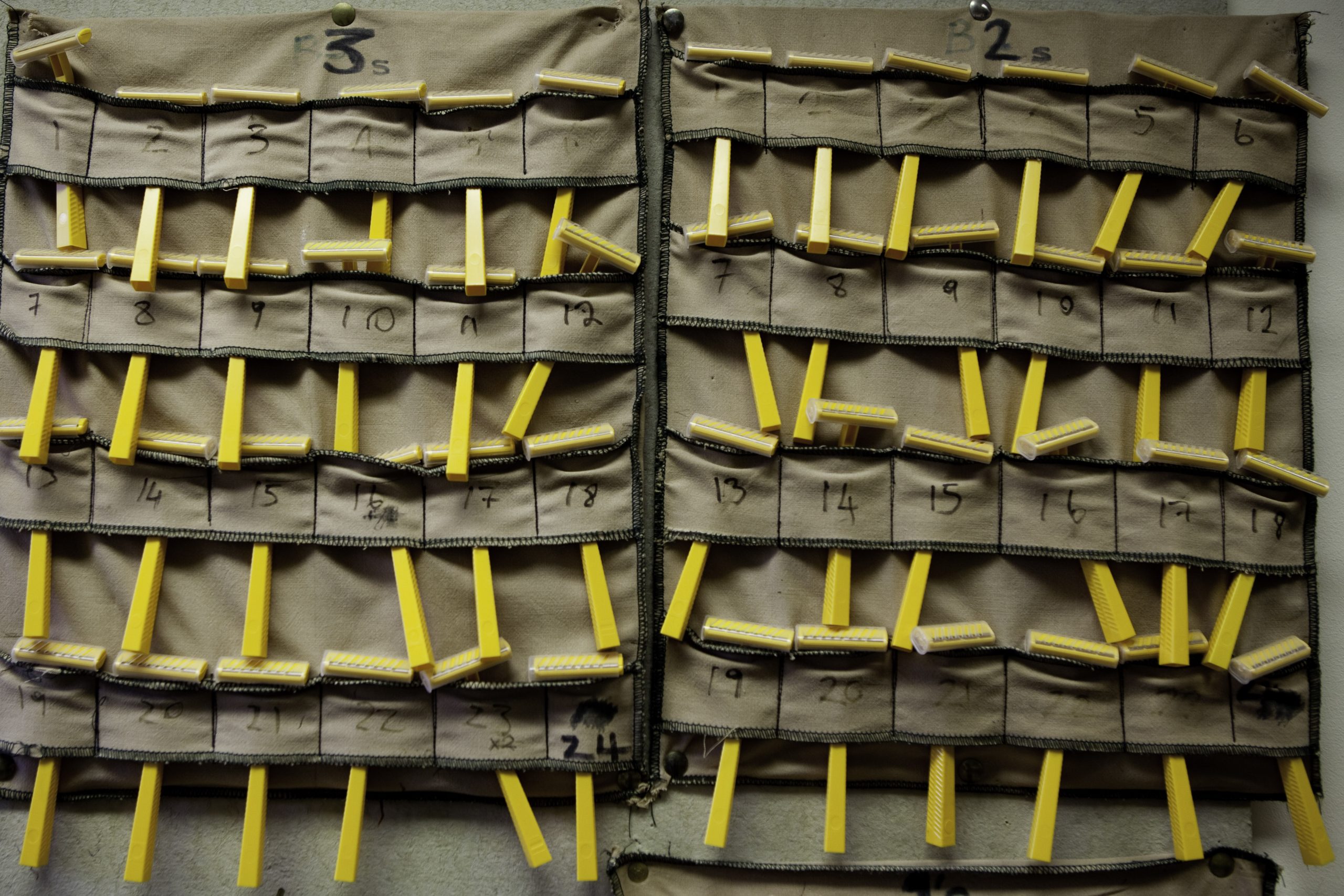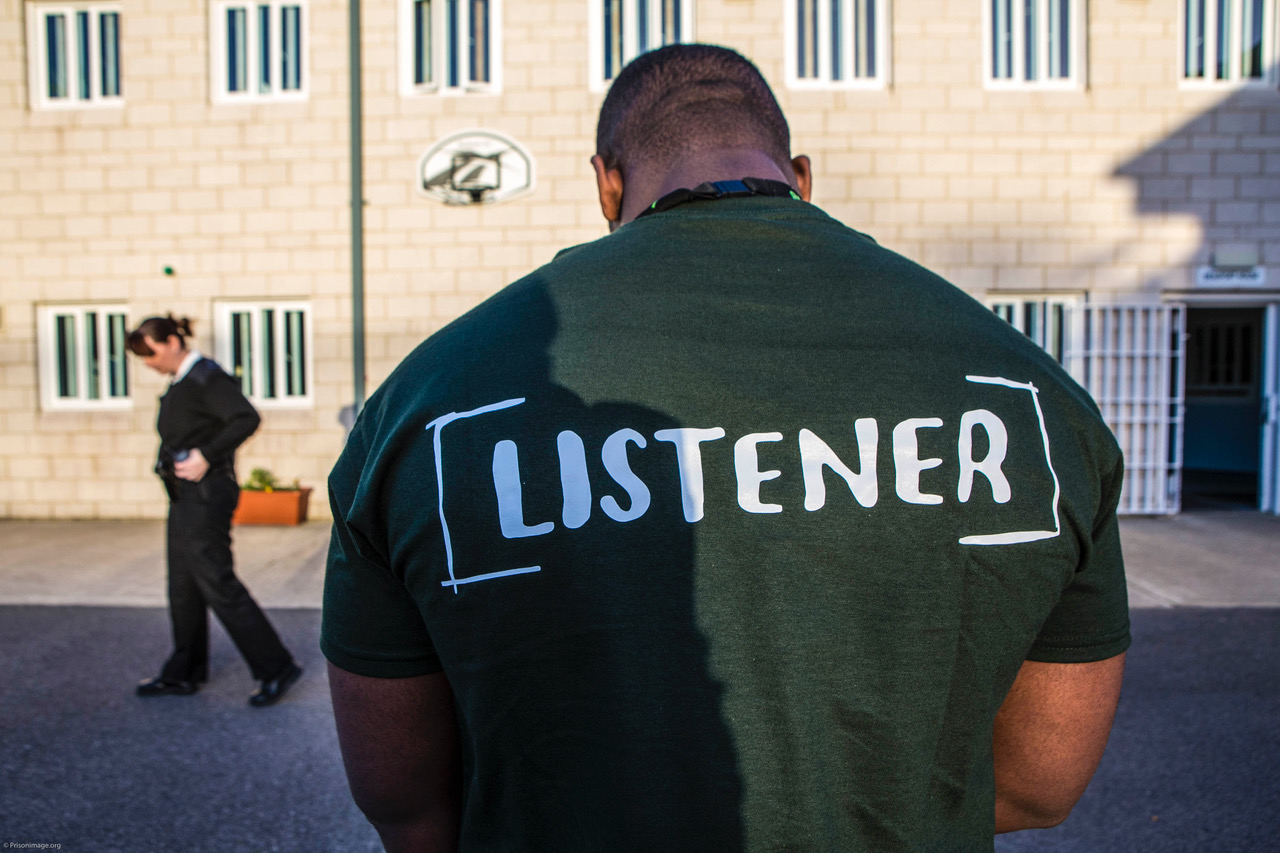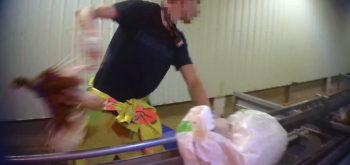‘Awful’ conditions persist in Feltham Young Offenders Institute with some boys only being allowed less than an hour out of their cells.
A recent inspection report also found use of force at HMYOI Feltham A was ‘too high’ and the prison had no plan in place to reduce it. A widespread and routine failure by staff to wear or activate their body-worn cameras prevented leaders from scrutinising incidents. Frontline staff have what was amongst the highest sickness rate of all prisons, making it difficult for leaders to build effective relationships or deliver a reliable daily routine.
Although prisoners held at Feltham can be as young as 15, inspectors found attendance at education is ‘very poor’, with sessions cancelled at short notice. Children of school age held in prison in England and Wales are required by law to receive 15 hours of education per week, but children at Feltham received on average 6.3 hours.
This latest inspection found that ‘violence is at the root of almost all of the challenges’. The Report notes the increase in extensive ‘keep apart’ lists that have become as much a cause of violence as they are a solution. There were 266 different instructions to prevent children from mixing, which inevitably affected the amount of time that boys could spend out of their cells with multiple regimes being run on the same unit.
The Ministry of Justice in April 2025 revealed that for the 12 months to December 2024, the rate of assaults by children and young people on staff across the three public YOIs (HMYOI Feltham A, Werrington and Wetherby) increased by almost 25% compared to the previous year – rates are around 14 times higher than that in the adult estate. In July 2024, HM Inspectorate of Prisons described HMP & YOI Feltham A as the ‘most violent prison in the country’.
In response to escalating violence, the government has proposed the introduction of PAVA spray, like pepper spray, for staff to use during violent incidents. This is despite evidence suggesting its use by prison officers in the adult prison estate has led to poor relationships between staff and inmates and a failure to reduce violence.
Andrea Coomber KC (Hon.), Chief Executive of the Howard League for Penal Reform, said: ‘High rates of use of force, scant education, and regimes compromised by chronic staff sickness that leave children trapped routinely inside their cells for 20 hours per day. This is the toxic backdrop against which we should analyse the terrible levels of violence inside Feltham and the short-sighted decision to introduce PAVA, a pain-inducing chemical irritant spray that is classified as a prohibited weapon under the Firearms Act 1968.’
She added: ‘Instead of arming staff, the way to improve safety is to close failing young offender institutions and ensure that children are accommodated in more appropriate settings – such as secure children’s homes – where they can be given the care and support they need.’
The Howard League for Penal Reform made an application for judicial review in July, and makes the case that several factors, ranging from the physical and psychological harm posed by PAVA, to the likely disproportionate use of the spray against disabled children and black and minority ethnic prisoners, and propensity to increase violence overall, have not been considered. On Friday 4 September their application was granted.







